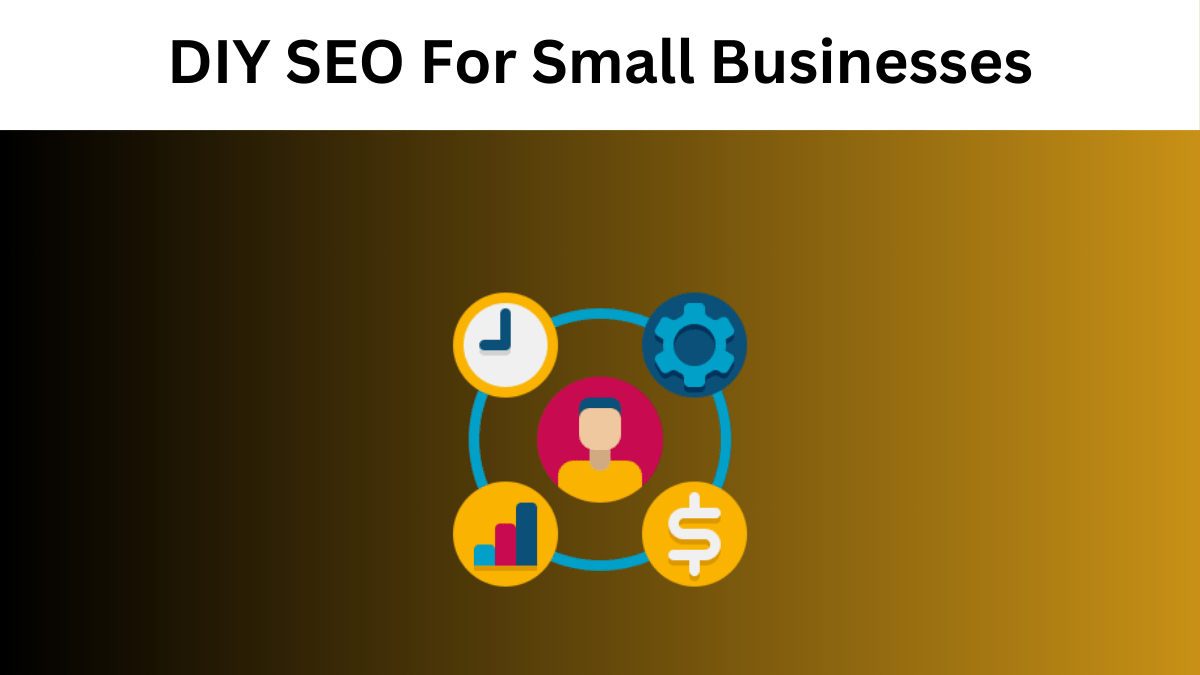DIY SEO For Small Businesses: The Ultimate Guide
DIY SEO (Search Engine Optimization) can be a game-changer for a small business’s online presence. The internet has replaced the high streets and shopping malls. SMEs have to be ready to fight for their share of digital real estate. But it’s crucial to remember that some physical store lessons can be applied to the online sphere. But it all starts with a website, instead of a shop front.
User-friendly platforms like Wix help make a website easier, creating a polished, reliable, and easy-to-use site a whole lot easier. These website builders offer built-in SEO tools that help businesses optimise their content, improve their search rankings, and attract more potential customers.
Contents
By taking control of your SEO strategy, you can boost your visibility, compete with bigger businesses, and grow your company – all without breaking the bank.
9 ways DIY SEO can help your business
Cost-effective marketing
One of the key benefits of DIY SEO is its affordability. Unlike paid advertising, which demands ongoing financial investment, optimized SEO solutions focus more on time and effort rather than high costs.
Many free and low-cost tools and resources are available for SEO optimization. These include Google Analytics, Google Search Console, and keyword research tools like Ubersuggest and AnswerThePublic.
By investing time in learning and applying SEO techniques, small businesses can achieve sustainable growth without breaking the bank.
Increased visibility
Effective SEO helps improve a website’s ranking on search engine results pages (SERPs). Appearing on the first page of potential customers’ search results can significantly increase your website’s traffic.
Higher visibility translates into more clicks and, ultimately, more conversions.
Better understanding of your target audience
SEO is not just about optimising your website for search engines; it’s also about understanding your audience.
Through keyword research, you can identify what terms your potential customers are using to find businesses like yours. This allows you to tailor your content to meet their needs and interests, making your website more relevant and engaging.
Building credibility and trust
SEO is a long-term strategy that builds credibility and trust over time. High-quality, informative content, a well-structured website, and positive user experiences contribute to a strong online presence.
As your site climbs the SERPs, it gains authority with both search engines and users. If customers consistently find what they’re looking for on your site, they’re more likely to trust your brand.
Local benefits
Local SEO can be particularly beneficial for small businesses. It involves claiming and optimising your Google My Business listing, gathering positive customer reviews, and ensuring your business’s NAP—name, address, and phone number—is consistent across all online platforms.
These efforts help your business appear in local search results and Google Maps, driving foot traffic to your physical location.
Better user experience
Search engines prioritise websites that offer a better user experience (UX).
By implementing SEO best practices, such as optimising page load times, ensuring mobile-friendliness, and creating easy-to-navigate site structures, you improve UX. A positive user experience improves your SEO rankings and increases the likelihood of visitors staying longer on your site and making purchases.
Edging out competitors
Many small businesses overlook the importance of SEO, opting instead for traditional marketing methods or paid advertising.
By investing in DIY SEO, you can gain a competitive edge. Effective SEO strategies can help you outrank competitors on search engines, making your business more visible to potential customers. A well-executed SEO strategy can level the playing field if your competitors have bigger marketing budgets.
Sustainable growth
Unlike paid advertising, which stops delivering results once you stop paying, SEO provides sustainable growth.
The efforts you put into SEO today can continue to benefit your business for months or years. High-quality content and a well-optimised website create a foundation for ongoing organic traffic. As search engines index and rank your site higher, the continuous flow of organic traffic can lead to consistent growth.
Flexibility
Unlike traditional marketing campaigns, SEO strategies can be quickly adjusted and refined as needed. If a particular tactic isn’t yielding the desired results, you can pivot and try a different approach without incurring substantial costs.
This flexibility is particularly valuable for small businesses that need to respond quickly to changing market conditions and consumer behaviours.
How to implement SEO
Use tools like Google Keyword Planner and Ubersuggest to find relevant keywords for your business.
Optimize your website’s content by incorporating target keywords naturally. Ensure your meta titles, descriptions, headers, and alt text (text that represents an image) are optimized. Create high-quality content that addresses your audience’s needs.
Make sure your website is mobile-friendly, has fast load times, and is easy to navigate. Use tools like Google PageSpeed Insights and GTmetrix to identify any issues.
Regularly publish informative and valuable content. Blog posts, how-to guides, infographics, and videos can attract and engage your audience, and improve your site’s SEO.
Build backlinks from reputable websites to increase your site’s authority. Reach out to industry influencers, participate in guest blogging, and engage in online communities to earn quality links.
Optimize your Google My Business profile, gather positive reviews, and ensure your NAP information is consistent across all platforms. Use local keywords to attract customers.
Regularly monitor your SEO performance using tools like Google Analytics and Google Search Console. Track your rankings, traffic, and user behaviour to make data-driven decisions.
In Conclusion
DIY SEO is a smart effort for small businesses. It offers a cost-effective way to increase online visibility, attract more customers, and build a sustainable online presence.
By understanding and implementing SEO best practices, small business owners can gain a competitive edge, enhance user experience, and achieve long-term growth.
